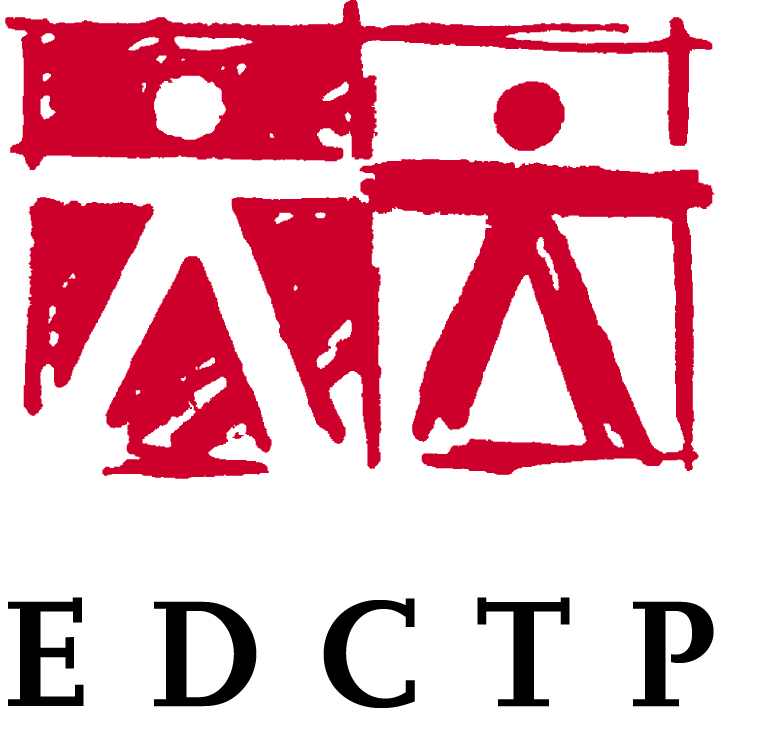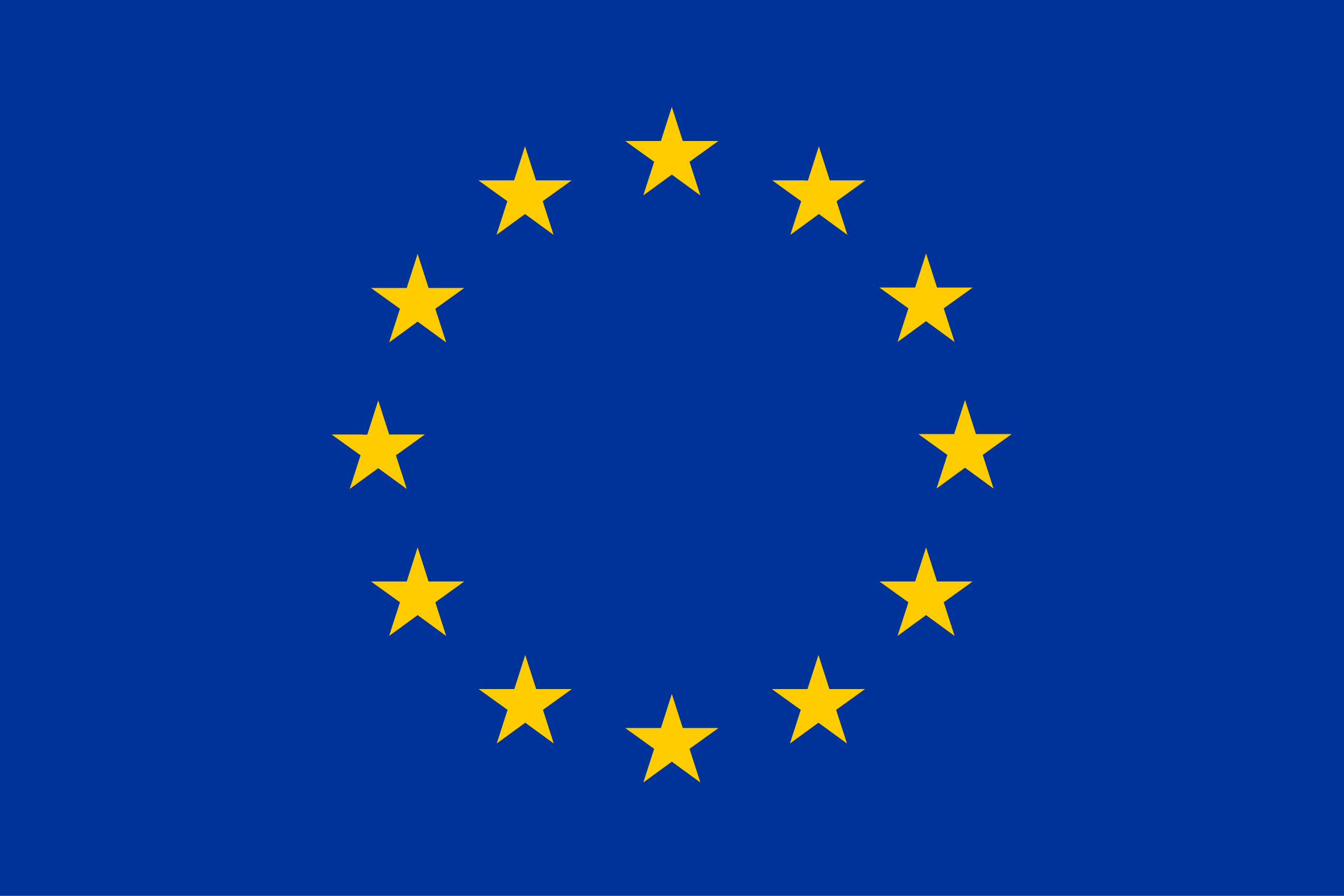Kick-off meeting
MULTIPLY started in May 2021 with a virtual kick-off meeting where 40 participants attended from Togo, Sierra Leone, Mozambique, France, Switzerland, the Netherlands and Spain. Members from the National Malaria Control Programme (NCMP) and Expanded Programme on Immunisation (EPI) of Togo, Sierra Leone, Mozambique also attended. An outline of the activities for the next 40 months was discussed.
Consortium operational systems
The managerial and operational systems of the consortium were developed in May to July 2021 with the development of the ISGlobal Project Management Team, the Executive Committee made up of the Principal Investigator per partner and the head of each work package, and the development of work package working groups.
Protocol development
A protocol development workshop was held in Barcelona in June 2021 with members of ISGlobal and IRD attending in person, and partners joining virtually from Togo, Sierra Leone and Mozambique. The master protocol was finalised at the end of July 2021.
Ethical and regulatory approvals
The master protocol was submitted to national and institutional ethics committees and national pharmacy boards from August 2021 onwards. Approvals have been obtained in Spain, Sierra Leone and Togo, and is being obtained in Mozambique.
Project Launches
MULTIPLY was launched in Sierra Leone in November 2021 and in Togo in January 2022 and will be launched in Mozambique in 2022.
Impact and evaluation studies
MULTIPLY will carry out a before-after evaluation of the impact of PMC delivered through the project. PMC will be delivered at health facilities and mobile-outreach EPI clinics to all children living in the project districts. The number of PMC doses a child will receive will be based on the EPI schedule of the country, with a maximum of 6 doses given in the first two years of life. In order to assess the impact of the intervention a number of baseline / pre-intervention studies will be conducted to measure malaria incidence, malaria hospitalisation, and other indicators in this population.
These studies include:
Household surveys to collect information about PMC uptake in children in Sierra Leone (the only country which currently implements PMC), information on socio-economic and demographic characteristics of the households, the use of insecticide treated bednets, and the prevalence of malaria parasites in children under two years of age. A pre and post MULTIPLY PMC implementation household survey will be conducted. The pre-MULTIPLY PMC implementation household survey has been completed.
Cohort studies to assess the impact of PMC delivered through MULTIPLY on the incidence of malaria in children under 2 years of age. We will follow 2 cohorts of 250 children per country. The first cohort is set up before the MULTIPLY intervention is implemented, and the second after the MULTIPLY intervention is implemented. Each cohort of children will be followed up until 2 years of age. Following these 2 cohorts of children we will be able to see the impact of the invention on malaria incidence, morbidity and mortality, as well as health services integration and quality of care, including the uptake of EPI immunisations and vitamin A supplementation. The pre-MULTIPLY PMC implementation cohort study has begun in Sierra Leone and Togo and will start in Mozambique in 2022. The MULTIPLY PMC implementation cohort study has begun in Sierra Leone and Togo and will start in Mozambique in 2022.
Studies to measure molecular markers of malaria parasite resistance to the drug used for PMC; sulfadoxine-pyrimethamine (SP). This study investigates whether the use of SP for PMC causes the development of parasite resistance to the drug in the community. The prevalence of molecular markers associated with resistance to SP will be assessed before and after PMC is delivered through MULTIPLY. The baseline study has been completed.
Studies on the operational feasibility and acceptability of PMC will be conducted to assess the acceptability (satisfaction, barriers and facilitators) of PMC and its operational feasibility. This is be assessed through questionnaires, focus group discussions and in-depth interviews with all levels of the health system, the caregivers of the children, the healthcare professionals and the healthcare managers. These studies have started in Togo and in Sierra Leone, and will start in Mozambique in 2022.
Studies on the cost-effectiveness of PMC will be conducted, measuring the costs of PMC delivered through MULTIPLY, taking into consideration the known impact of PMC on health outcomes. Direct costs such as medical expenses and transportation costs to the health facility; and indirect costs i.e. opportunity costs of the time lost due to illness, household costs, and provider (health system) costs, will be measured. PMC is highly cost-effective but it is important to gather this information for PMC delivered through MULTIPLY i.e. with increased doses of PMC in the first 2 years of life and delivered through the EPI mobile outreach clinics. Studies on cost-effectiveness will start in 2022.
Implementation of PMC delivered through MULTIPLY
Implementation of PMC delivered through MULTIPLY will begin in 2022 and will be implemented for 2 years. MULTIPLY PMC implementation started in Sierra Leone in February 2022 and in Togo in May 2022. It will start in Mozambique in 2022.







